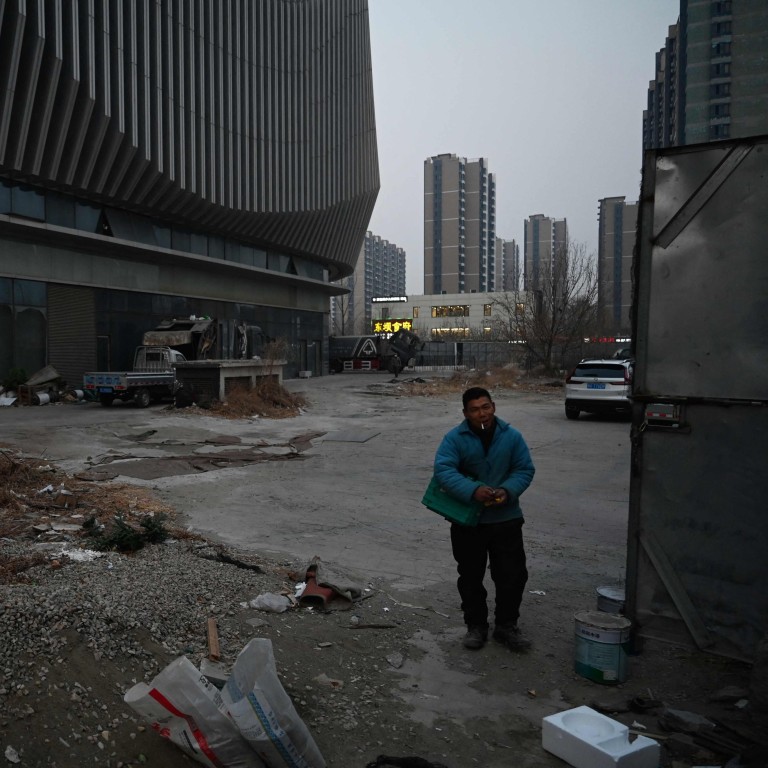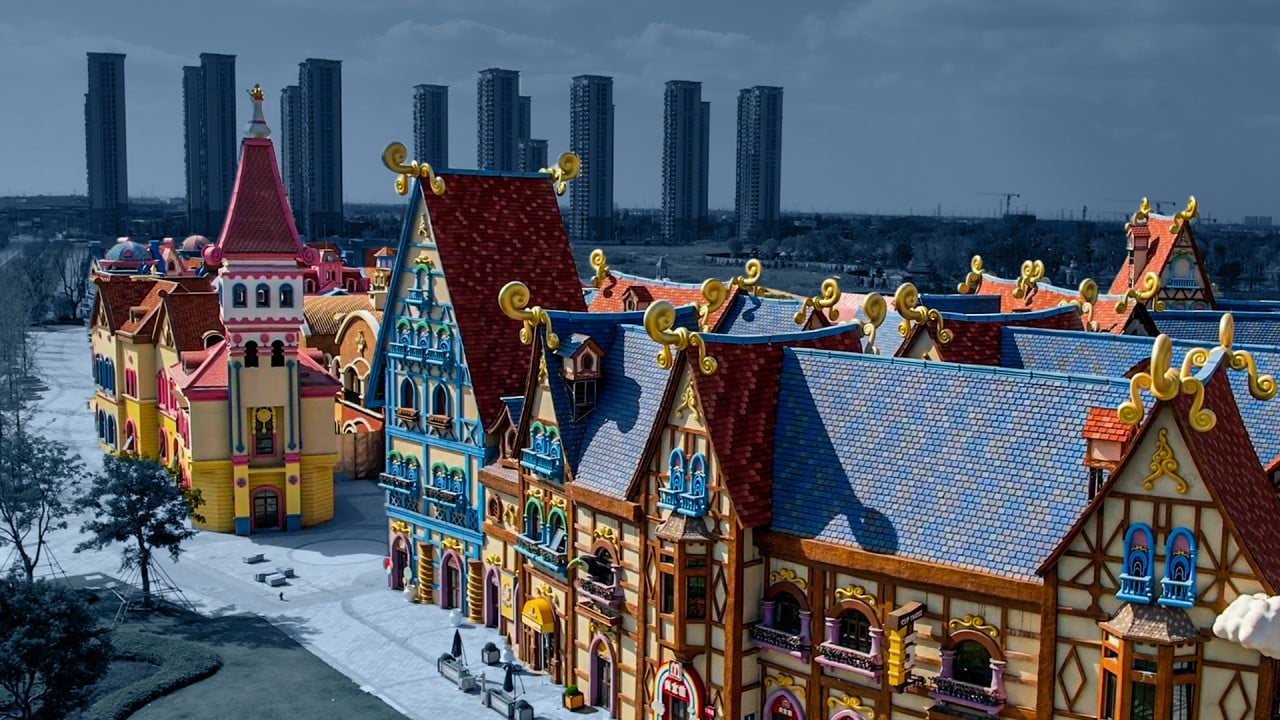
Evergrande wind up signals sunset for ‘too big to fail’ in China
- The pain of this colossal corporate failure will be worth it if the country can diversify its growth strategy away from the addiction of property development
The decision by Hong Kong’s High Court to order the wind up of China Evergrande Group will ideally close the book on one of the most spectacular corporate failures since China launched its economic opening up and reform drive in the 1980s.
It is a landmark moment in more ways than one. The example of Evergrande has become symbolic of overreach in a property sector addicted to heavily leveraged growth, and a sign of the Chinese leadership’s determination to shatter the mould of government rescues for firms deemed “too big to fail”.
That China Evergrande was able to rack up US$328 billion in liabilities to become the world’s most indebted property developer is astounding on its own.
Sued by creditors 18 months ago, it managed to successfully stave off the inevitable in seven previous hearings, but in the end the court’s patience had clearly worn thin.
With the exhortation that it was “time for the court to say enough is enough”, Justice Linda Chan granted the winding-up order yesterday morning and a provisional liquidator was appointed by the afternoon.
There is still room for an appeal, but should that bid fail, the process of liquidating assets and paying off Evergrande’s offshore and domestic creditors will begin.
While Evergrande’s shares were punished, stocks of competitors that endured their own debt crises rose, perhaps signalling the discovery of a floor in the years-long property crisis.
Evergrande’s demise is the highest profile failure of a Chinese business since Premier Zhu Rongji shut down the Guangdong International Trade and Investment Corporation in the late 1990s.
Hong Kong stocks gain on China support measures, Evergrande shocker curbs rally
In the intervening years, the government rode to the rescue of failing firms and bloated state-owned enterprises more often than not, and investors became accustomed to the notion of virtually guaranteed bailouts. No longer.
Beyond the liquidation process, it is critical that China’s message about the end of bailouts has been understood.
Evergrande was hardly alone. Property developers long assumed they could fuel breakneck expansions with an endless supply of low-interest rate leverage that would inevitably be paid off by ever-rising property prices.
The pandemic undercut that model as development slowed, property prices wobbled, and consumers held on to their money.
Evergrande’s Hengda unit sells stake in Shantou project for US$19.4 million
Setting aside the short-term pain of making an example of Evergrande, this cautionary tale will have been worth it if China succeeds in its efforts to diversify its sources of economic growth, encouraging a wider portfolio of investment in the tech, electric vehicle, financial services and other sectors.
If China can engineer a soft landing, provide more destinations for healthier growth and investment, and resist the urge for further bailouts, it may just shore up confidence in its economy for the long haul.


